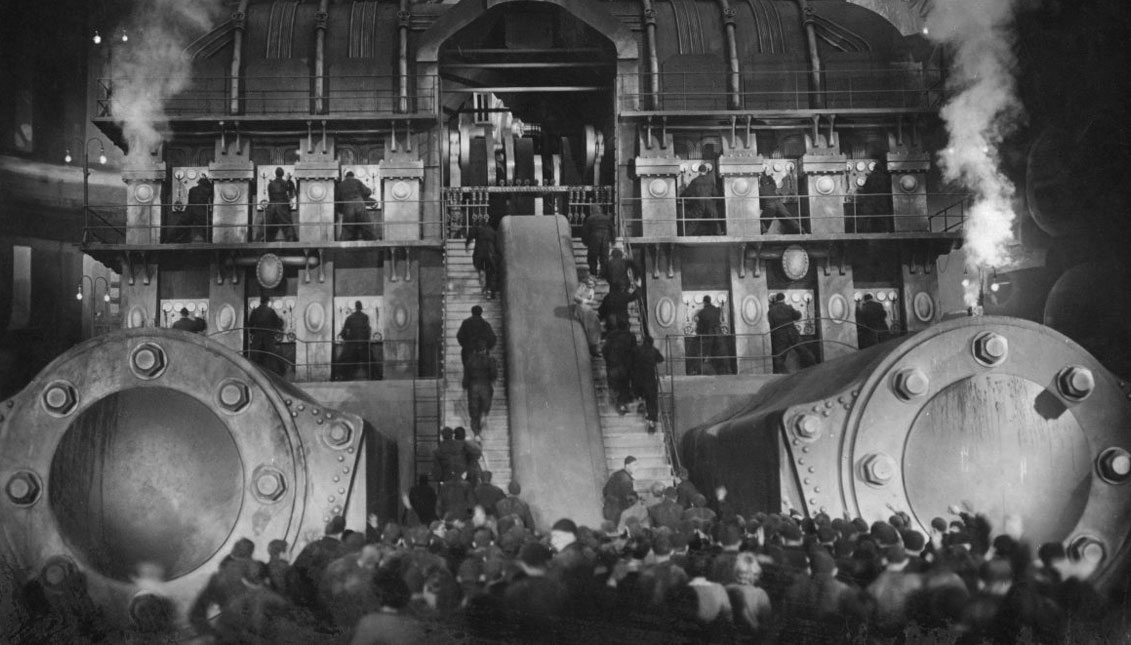
The True Price of Transforming Humanity into Capital
When "essential" workers are disposable.
During our last editions, we have given space to the debate on the essential work, on the transformation of priorities resulting from the COVID-19 pandemic, and on the highlighting of structural failures in the social system of which we are part of.
This is not an apology to often marginalized communities but, hopefully, the opposite.
It has been an effort to reassess the established social order –with or without our consent– where the vulnerable individual is as fundamental as he is dispensable, in an economy that has distorted the concept of human capital.
In our issue this week, for example, we talk about the double risk to which undocumented workers are exposed during the coronavirus pandemic.
Specifically in the case of young people who arrived in the country as children, called Dreamers, and who had been protected by the Deferred Action Program set up by the Obama administration until the change of administration.
They are individuals raised, educated, trained, and professionalized in the United States. Moreover, they are people on the front lines of the pandemic and often the breadwinners of their families.
Yet they live in fear of being deported the moment the Supreme Court lines up with the White House and ends the program.
RELATED CONTENT
Let's not lie to ourselves: when DACA was approved, the logic behind the compassion was precisely the investment in human capital. The government knew that a labor force of 800,000 people was no mean feat, especially if they were required to be educated and to enter the labor market.
The brilliant idea that Gary Becker conceptualized, and that would eventually win him the Nobel Prize, has a catastrophic price when we must respond as a society to a public health crisis that cannot be solved with economic logic.
The "elastic" or "fluid" nature of human capital has allowed social ties to be systematically erased, transforming people into disposable objects.
In other words, when the system realizes that the worker is dispensable, eliminable, or replaceable, it discards him or her, in the same way workers –called "essential" and even "heroes"– are easily deportable once the cause of the health crisis is "controlled.”
This is, unfortunately, the only value system that seems to predominate in the political rhetoric and economic mechanism of the supposedly most powerful nation in the world.
Change, for its part, is still far from materializing.










LEAVE A COMMENT: